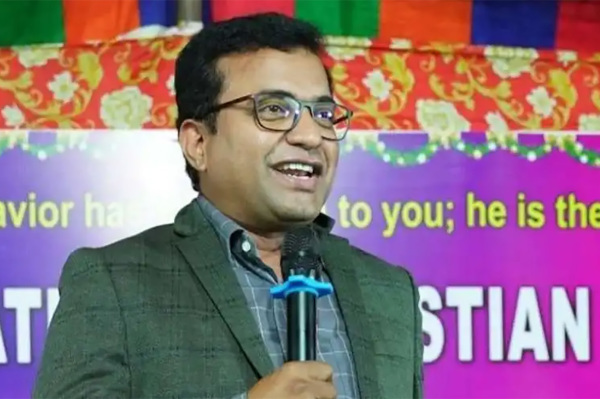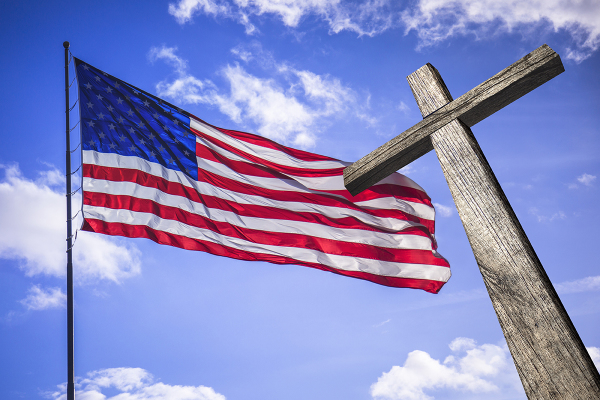Churches Should Stop Looking to Others to Solve World Health Problems, Faith Leaders Say
NEW YORK – Churches are not doing their part to help defeat global health ills, said the director of an African faith-based AIDS relief organization. He said churches should make the difference that everyone is looking for.
"What is the church doing? What is the faith community doing?” asked the Rev. Evatt Mugarura, director of Balm in Gilead in Africa.
“The churches have resources. The churches have voices,” he added. “If the churches brought their resources and predecessors together, they could do something to improve the welfare of the children. But we are shifting the responsibility to either the governments or the donor communities. We are a donor community.”
Mugarura gave a five-minute speech at an Interfaith Gathering for Global Child Health and Survival, which was held concurrently with the TIME Global Health Summit in New York City.
The summit convened over 600 elite leaders from government, faith, civic society, media, science, culture, and technology for three days to hear the latest advances and possible solutions to such global health challenges as AIDS, avian flu, and malaria.
Though many of those leading the interfaith service were also invited to the summit, there were those who were not. The interfaith service was a collective way for the faith community to raise awareness of global health problems, with a focus on child healthcare.
“This modest gathering is more important for our issues,” said Dr. Nils Daulaire, President and CEO of the Global Health Council, one of the world’s largest organizations dedicated to saving people. "When it comes to the hard work of delivering services at the doorsteps of the poor, the rich and famous are useless... Their commitment and resources will help but the real work takes places in the hearts and handiworks in congregations and people of faith around the world.” Daulaire also spoke at the summit.
The Rev. Dr. Bob Edgar, the general secretary of the National Council of Churches (NCC) who also spoke at a TIME panel titled, “What’s Faith Got to Do With It?” said churches must partner with the public and private sectors to create change. The NCC represents 100,000 churches and 45 million congregants.
"The church needs to be involved," he said. "But the challenges we face on poverty, race, and health shows that we need to be in partnership with the government and the private sector."
Mugarura, however, said what's being done by churches is just "not enough,” and he’s tired of churches advocating for change while not making use of their resources.
"If you are in my church and I have the vision to put food in front of children, and you are a businessman or a medical doctor... Those are resources that we could make use of,” he said. “But we kind of don't look at that as a resource that could be utilized."
Other speakers at the interfaith gathering included The Rev. Cheryl Pyrch, Rutgers Presbyterian Church; Father Thomas Kamau of the Catholic Mission Board; Rabbi Marla Feld, Union for Reform Judaism; Imam Al-haaj Ghazi Y. Khankan from Council on American Islamic Relations; Jeffery Huffines, U.N. Representative of the National Spiritual Assembly of the Baha'is of the U.S.; and Patrecia Lenore, Order of the Interbeing (Buddhist).
The service ended with praise and prayer.
Sponsors of the interfaith gathering included the Council of Churches of the City of New York, Queens Federation of Churches, and World Conference on Religion and Peace.






















